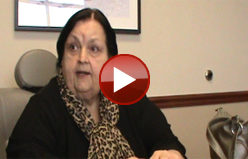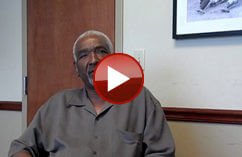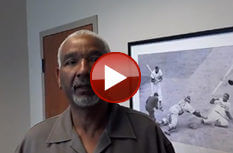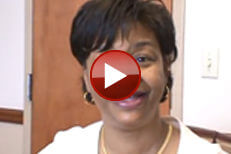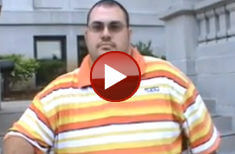Hamilton County Parking Lot Accident Lawyer
Hamilton County parking lots pose a surprising hazard to pedestrians, drivers, and passengers alike. In a parking garage or lot, drivers are often distracted. In turn, accidents are more frequent there than in many other places.
Whether a runaway shopping cart strikes your car or whether there is a low-speed motor vehicle accident, people could still get hurt. If you have experienced such an incident, a Hamilton County parking lot accident lawyer could offer you legal assistance. An attorney could assess your case and help you understand what options you may have for holding a negligent party accountable for their actions.
Driving Responsibly in Parking Lots
Motorists have a duty not only to respect traffic laws but to drive responsibly, in a manner that protects others against careless mistakes. Parking lots require particular cooperation amongst drivers and people on foot. Slow-moving pedestrians, like families and older people, require drivers to have patience and awareness.
There is a false sense of security that drivers succumb to in parking lots. They may feel as though they have left the dangers of a road or highway behind and no longer need to maintain vigilance and are not subject to traffic laws. Some common parking lot accidents occur while drivers:
- Speed or drive recklessly
- Fail to check blind spots
- Fail to yield
- Fail to leave adequate space for cars or pedestrians
- Reverse without looking
- Cut across empty rows of parking spaces
- Ignore posted signs
Accidents can happen for any of these and, of course, many other reasons. Fortunately, a Hamilton County parking lot accident lawyer could assess a victim’s case and further explain how the failure to observe rules of the road may give rise to legal liability.
Liability in Cases Negligent Involving Drivers
Liability, or legal responsibility for an accident, does not automatically lie with the other driver involved. This is true in pedestrian-car accidents as well.
Instead, a plaintiff in a Hamilton County parking lot accident case must prove that the other party failed to use reasonable care under the circumstances, and this failure gave rise to the accident which injured him or her. Proving fault is perhaps one of the most challenging aspects of a personal injury lawsuit.
Tennessee law has a system of assigning fault in negligence actions called comparative fault. The judge or, more often, the jury weighs the evidence presented and determines who was at fault for an accident and to what degree.
The jury then ascribes a percentage of fault to each party. If the panel finds that a plaintiff is more than 49 percent responsible for the accident, he or she may not recover any damages whatsoever. If victims are 49 percent or less responsible for the accident, they are able to recover damages for their injuries and property damage.
In the latter instance, a secondary rule comes into play. The court reduces a plaintiff’s monetary award by his or her percentage of fault in the accident. Suppose a jury determines that in a case where the plaintiff seeks $150,000 in damages, they are 15 percent responsible for the accident. In this example, the court subtracts 15 percent of the plaintiff’s award, taking the figure from $150,000 to $140,000.
Speak with a Hamilton County Parking Lot Accident Attorney Today
Although low-speed impacts may not be as dramatic as other car accidents, the mass of vehicles traveling even at low speeds, can seriously injure people and destroy vehicles. Victims may need immediate medical assistance and may require trips to the hospital, surgeries, and rehabilitation.
This could place you in a precarious position, aside from just the physical aspect of recovery. Medical bills could rack up, and time away from work could leave you in a difficult place financially. Fortunately, an attorney could review your situation and help you understand what your legal options are for pursuing recovery. Reach out to a Hamilton County parking lot accident lawyer today to discuss your case.


